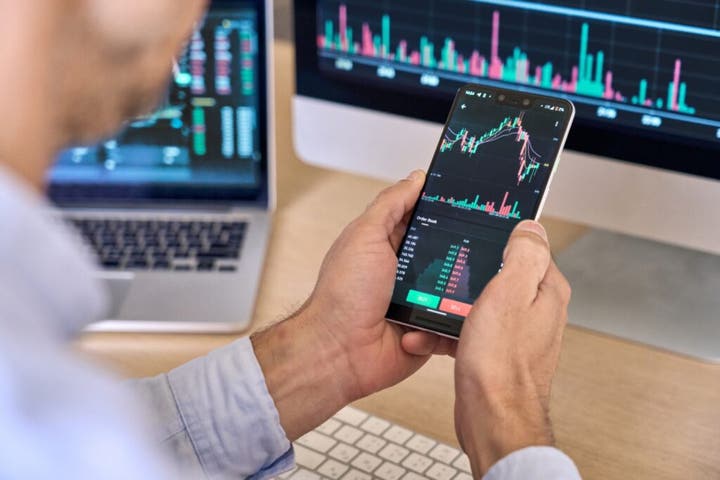Exploring the Regret of Crypto Investors
A recent examination of investor sentiments on Reddit sheds light on a common psychological struggle faced by cryptocurrency holders, revealing that even those who have profited can be plagued by the feeling of having missed out on even greater gains. The statistics are impressive, yet the personal accounts behind them often tell a more poignant story. One investor saw their XRP investments soar to a remarkable $6 million but sold due to fears of regulatory impacts, missing the chance to benefit from what would now be an $8 million portfolio. Another individual sold 10 Bitcoin in 2017 for a modest 10% profit, a decision that seemed wise at the time but later appeared shortsighted. These narratives do not depict victims of fraud or failure but rather illustrate the regrets of individuals who successfully navigated the crypto landscape—highlighting a captivating psychological aspect of contemporary investing.
The Language of Regret in Crypto
The crypto community has developed its own lexicon to express this sense of regret, with the term “HODL,” meaning to hold onto investments for dear life, becoming a rallying cry that also fosters a cycle of second-guessing. The statistics support the sentiment: Bitcoin’s exponential growth over the last ten years has led to numerous moments when prudent investors decided to cash out, only to witness their holdings continue to rise significantly. For example, one trader exchanged 250,000 Dogecoins for Bitcoin just as Bitcoin reached its maximum value, and subsequently missed out on Dogecoin’s remarkable ascent. Another individual opted against accepting 30 Bitcoin for a domain name in 2011, a decision that would equate to over $3 million today at current valuations. “The challenge lies not in spotting promising crypto assets,” notes an experienced trader. “It’s about having the mental strength to endure volatility when every instinct urges you to secure your profits.”
The Perils of Centralized Exchanges
The regret associated with early sales is further exacerbated by the experiences of investors who were unable to sell their assets due to unforeseen circumstances. The downfall of centralized exchanges such as FTX, Celsius, and Voyager has trapped millions in investments, while the notorious Mt. Gox hack in 2014 still lingers as a haunting reminder for those who lost access to 850,000 Bitcoin. These incidents reveal a critical contradiction in crypto investing: while decentralization is a key selling point, most investors depend on centralized platforms to manage their assets. One investor recounted the loss of their entire life savings when Celsius halted withdrawals, transforming what were once retirement funds into protracted legal battles with uncertain outcomes.
The Allure and Risks of Altcoins
The complexities of regret deepen when considering investments in “altcoins,” which are cryptocurrencies other than Bitcoin and Ethereum. Many investors report pouring significant amounts into projects like SafeMoon, Luna, and various meme coins, only to see their once-promising portfolios plummet in value. A consistent trend emerges: investors chase after the next big opportunity in hopes of replicating Bitcoin’s early successes, only to find that the vast majority of crypto projects lack lasting value. This has led many to recommend a more focused investment strategy—prioritizing Bitcoin and Ethereum over speculative altcoins.
The Transparency of Regret
The acute nature of regret in the crypto world is partly due to its transparency. Unlike traditional investments, where hypothetical scenarios remain speculative, the public nature of cryptocurrency price histories allows investors to easily quantify missed opportunities. This phenomenon is known as “counterfactual thinking,” where individuals envision alternative outcomes based on past decisions. In the volatile realm of crypto, such mental exercises often involve substantial financial implications. Ironically, these tales of regret convey an optimistic outlook regarding cryptocurrency’s standing as a viable asset class. The anguish stems not from crypto’s lack of value but from failing to maintain quality assets long enough to realize their potential.
A Roadmap for Today’s Investors
For current investors, these cautionary tales serve as a guide: prioritize established cryptocurrencies, utilize secure storage solutions, realize profits during market surges, and, perhaps most crucially, cultivate the emotional fortitude to disregard the incessant distractions of “better” investment opportunities. The narratives of regret within the crypto landscape remind us that, amid extreme market fluctuations, the greatest danger may not be financial loss itself, but rather the risk of not maximizing potential gains.

